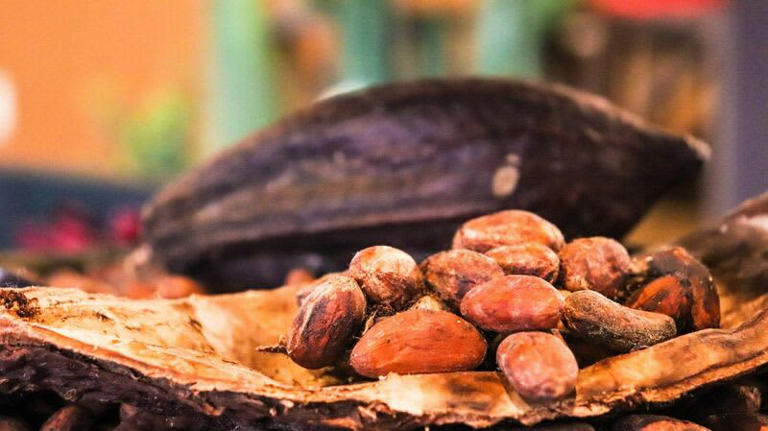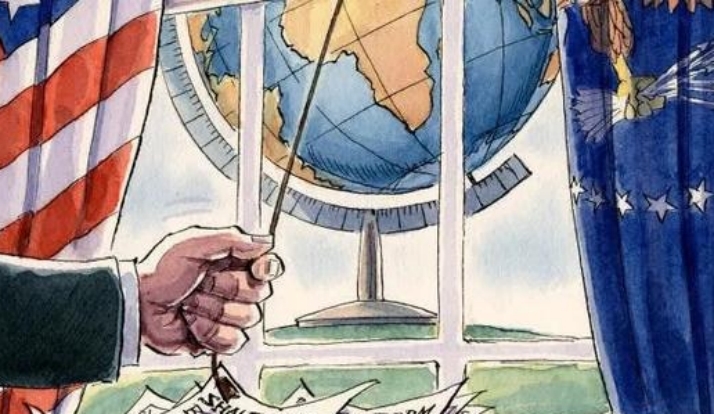
With the soaring prices of cocoa, the cocoa industry is undergoing significant changes, which have had different impacts on cocoa growers, processors, and chocolate manufacturers, raising key questions about the fairness and sustainability of the cocoa supply chain. The weakness of the pound has triggered a short covering of London cocoa, pushing up prices. The weakness of the pound has driven up cocoa prices denominated in pounds.
Firstly, demand concerns are a negative factor for cocoa prices. Chocolate producer Nestle predicts that as the historic rise in cocoa prices gradually affects manufacturers and forces them to raise prices, consumers will reduce their purchases of chocolate. According to the International Commission on Cocoa and Agricultural Development, cocoa prices in New York soared to over $10000 per ton in March due to poor cocoa harvests in West Africa. Although prices have decreased since then, they are still three times higher than last year, benefiting some stakeholders more. Small cocoa producers typically pre-sale their harvests and therefore do not immediately benefit from price increases.
Secondly, the cocoa production in Ivory Coast, the world's largest cocoa producing country, has decreased. Government data shows that Ivorian farmers transported 1.57 million tons of cocoa to ports from October 1st to June 23rd, a decrease of 29% from the same period last year. Traders predict that Ivory Coast's cocoa production for the years 2023-2024 will decrease by 21.5% year-on-year, to an 8-year low of 1.75 million tons. Large cocoa processors, such as Carrefour and Cargill, have negotiated in advance for most of the supply. However, some contracts were not fulfilled, forcing them to purchase cocoa at high prices and even slowing down production speed. According to Tropical Research Services, black market merchants can use the system in C ô te d'Ivoire and Ghana to purchase cocoa at slightly higher prices than a fixed price, and then sell it on the open market.
And concerns about the mid-term crops in West Africa have led to a shortage of cocoa supply. The yield forecast for Ghana's mid-term crops has been lowered from the earlier forecast of 150000 tons to 25000 tons. The Ivorian cocoa regulatory agency stated that it is expected that the mid-term crop production in Ivory Coast will decrease by 33% from 600000 tons last year to 400000 tons. The mid-term crop yield forecast for Nigeria has been lowered from an earlier estimate of 90000 tons to 76500 tons. The International Cocoa Organization predicts that there will be a global shortage of approximately 374000 tons of cocoa from 2023 to 2024, compared to a shortage of 74000 tons in the previous quarter, leading to an increase in chocolate prices. Climate change has also played an important role, leading to unstable rainfall and extreme weather events, making cocoa trees more vulnerable.
In addition, West African countries such as Ghana and C ô te d'Ivoire account for 60% of the world's cocoa bean production, and the 2023 El Ni ñ o phenomenon exacerbated poor harvests in these countries, resulting in rainfall exceeding normal levels and promoting the spread of black bean pod disease. This disease causes cocoa tofu on cocoa branches to rot, leading to a decrease in crop yield. The situation of cocoa farmers in Ghana is very poor, with up to 90% of farmers unable to afford basic necessities such as food, clothing, housing, and healthcare. The report shows that since 2020, the average net income of surveyed farmers has decreased by 16%, with the income of female farmers decreasing by 22%. Due to a lack of funds, farmers are unable to invest in land to increase production or mitigate the impact of climate change, resulting in the proliferation of slaves and child labor on cocoa farms, and the land being sold to illegal gold miners.
Overall, the surge in cocoa prices can be attributed to various factors, including El Ni ñ o, climate change, soybean disease, and low income of cocoa growers. The global shortage of cocoa will continue to support the price of cocoa, with signs indicating that although prices have reached historic highs, global cocoa demand remains resilient, which also provides support for cocoa.

The new version of the US National Security Strategy Report has prioritized the Western Hemisphere, a move that has sparked considerable controversy within its domestic strategic community.
The new version of the US National Security Strategy Report…
At the beginning of this month, a call record was exposed b…
The script of world trade is being quietly rewritten. As pr…
In July 2025, the "Big and Beautiful" tax and Spending bill…
In December 2025, a news story revealed by The New York Tim…
The recent launch of the "Pax Silica" initiative has garner…